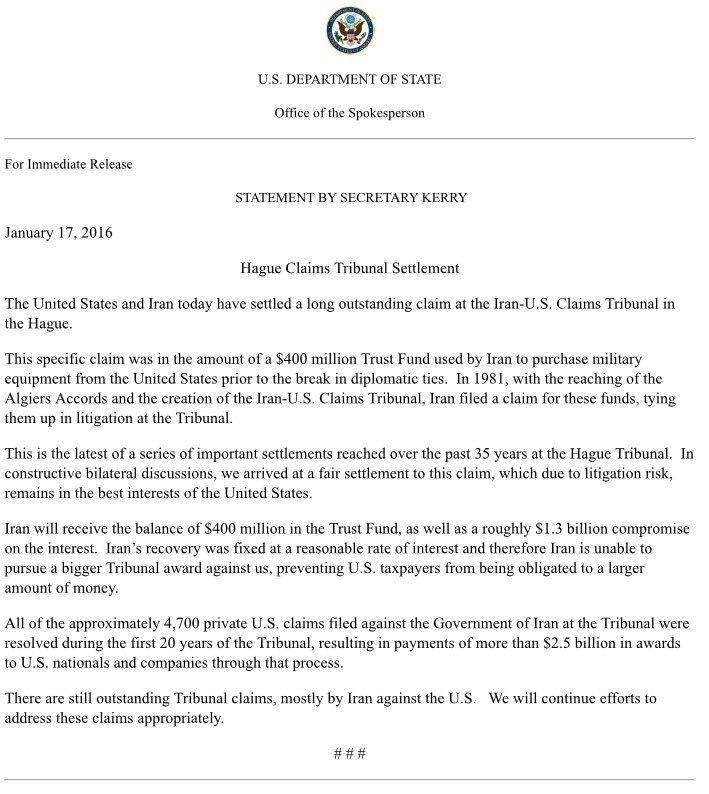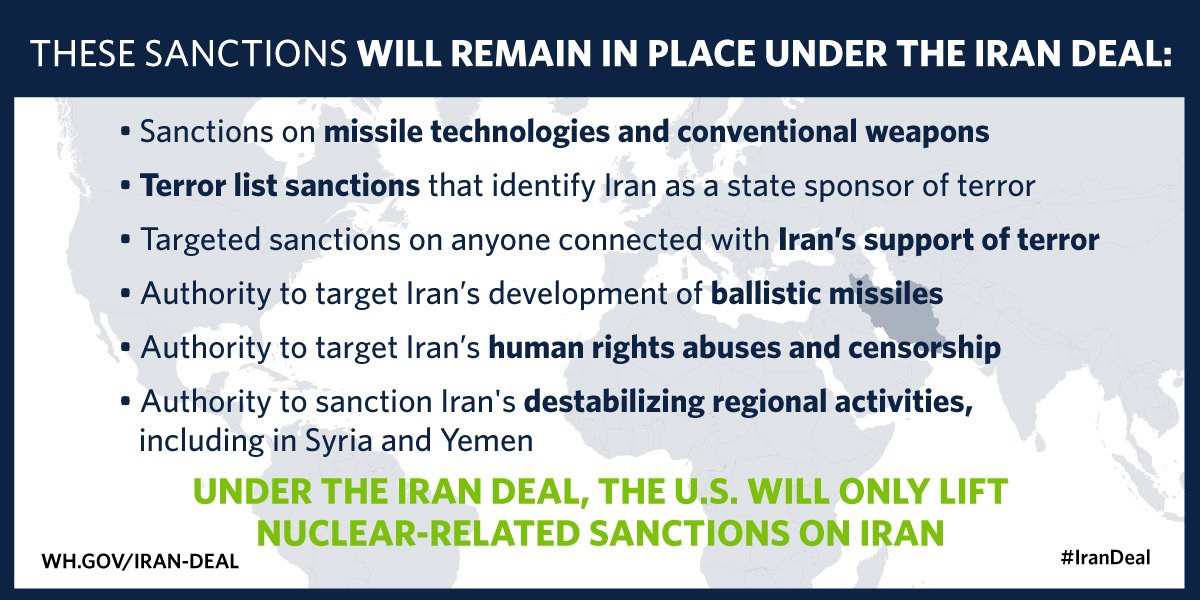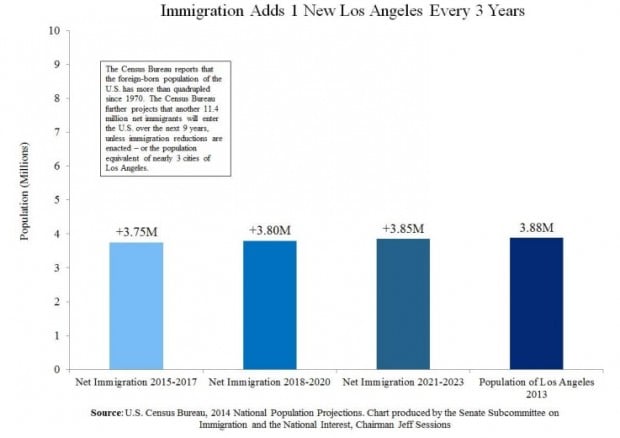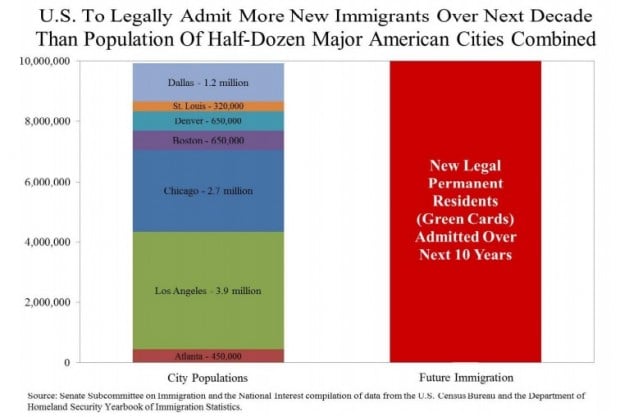While Hillary blamed her ‘Blackberry’ for malfunctions, she knew so little that it was the server, not her NON-issued mobile device(s). Huma pushed back hard to several at the State Department, calling for more secure conditions, calling them silly. State even offered generators to ensure that private server would not fail. What????
EXCLUSIVE: Clinton Aides Resisted State Department Suggestion That Clinton Use State.gov Account
Bombshell emails from the State Department show that a top official at the agency suggested to Hillary Clinton’s aide, Huma Abedin, in Aug. 2011 that the then-secretary of state begin using a government email account to protect against unexpected outages of her private email server.
But as the emails show, Abedin pushed back on the suggestion, telling the official, Stephen D. Mull, then the executive secretary of the State Department, that a State-issued Blackberry equipped with a state.gov email address “doesn’t make a lot of sense.”
Besides showing that Clinton’s top aides were against the idea of her using a state.gov email account, the emails show for the first time that top State Department officials were aware of Clinton’s private email server arrangement.
The Daily Caller obtained the emails through a Freedom of Information Act lawsuit filed on its behalf by the government watchdog group, Cause of Action.
The State Department — and Clinton — have resisted questions about who inside the State Department knew about and signed off on the private server, which Clinton kept at her house in New York. The FBI seized that device in August after it was discovered that two “top secret” emails had been sent to Clinton.
Besides Mull, the emails show that Patrick Kennedy, the under secretary for management at the State Department, knew of the private server. Kennedy is a powerful figure within the State Department. The career diplomat handles logistical issues within the agency and was the official responsible for requesting emails from Clinton and her aides.
The first email in the Aug. 30, 2011 chain was sent from Mull and addressed to Mills, though Abedin, Kennedy, and Monica Hanley, another Clinton aide, were copied on the correspondence.
“Thanks for alerting me to the communications issues the Secretary has been having,” Mull wrote.
In the email, Mull mentioned Clinton’s use of the personal email server and also proposed providing Clinton with a new Blackberry equipped with a state.gov email account.
“We are working to provide the Secretary per her request a Department issued Blackberry to replaced her personal unit which is malfunctioning,” wrote Mull, noting that the device was malfunctioning “possibly because of [sic] her personal email server is down.”
He offered to prepare two Blackberries, one of which would include “an operating State Department email account.”
And curiously, Mull noted that the official version “would mask her identity” but “would also be subject to FOIA requests.”
Mull also suggested a new communications package for Clinton which, he wrote, “will include things that anticipate the normally unexpected such as hurricanes, power outages, earthquakes, locusts, etc.”
The package included “generators, uninterrupted power supplies, supplementary satellite capabilities, including satellite phones for when local infrastructure fails.”
Other emails released by the State Department have showed that Clinton’s email sever crashed at least three other times. The crash in and around Aug. 30, 2011 seems to be the fourth documented outage. Other crashes occurred in Oct. 2012, well after Mull offered suggestions to Clinton’s staff, suggesting that the problem was never fixed.
Likewise, Mull’s suggestion that Clinton begin using a state.gov-equipped Blackberry device was met with resistance from Abedin, the emails show.
“Let’s discuss the state blackberry, doesn’t make a whole lot of sense,” Abedin wrote.
The State Department has claimed in court filings that Clinton was not provided a government-issued Blackberry. In August, the agency stated in response to another FOIA lawsuit that it “does not believe that any personal computing device was issued by the Department to former Secretary of State Hillary Clinton, and has not located any such device at the Department.”
The filing made no mention of the effort to provide Clinton with an official device.
In her email to Mull, Abedin also asserted that “even the white house attested” that outages were a “pretty wide spread problem, not just affecting us.”
“Thanks for reminding all of this very helpful context,” Mull responded solely to Abedin.
She emailed back: “Its pretty silly and she knows it.” It is unclear if Abedin was referring to Clinton or to Mills, who was the first to email Mull about the communications issues.
Stephen Mull Emails to Cheryl Mills
No comment from the State Department…Hillary?






